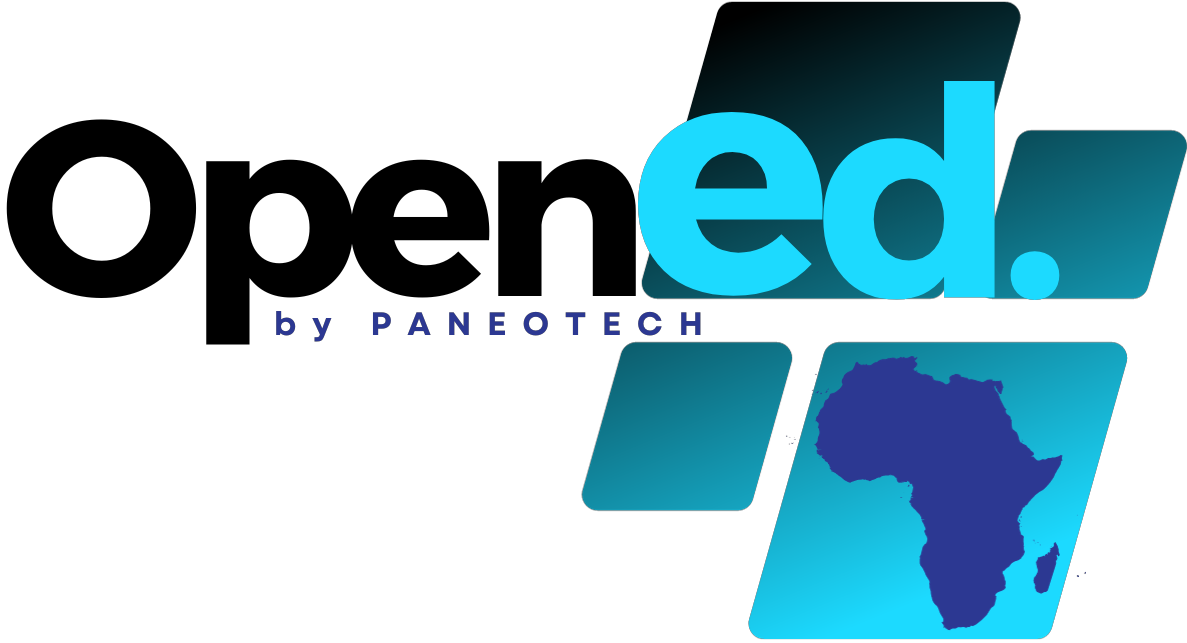In the evolving landscape of online education, content creators play a pivotal role in shaping the learning experiences of their audience. As the demand for quality educational content grows, it becomes crucial for creators to explore effective monetization strategies.
Here are several approaches that educational content creators can consider to monetize their expertise and educational materials.
1. Subscription Models: Implementing subscription-based models allows content creators to offer exclusive access to premium educational content in exchange for a recurring fee. Subscribers receive ongoing benefits such as advanced courses, personalized learning paths, and exclusive resources.
2. Freemium Content: By adopting a freemium model, creators can provide basic educational content for free, attracting a wide audience. Premium content, offering more in-depth knowledge or advanced features, can then be monetized. This approach allows creators to build a large audience while generating revenue from those seeking enhanced offerings.
3. Pay-Per-Course: Content creators can opt for a pay-per-course model, where learners pay a one-time fee to access a specific course. This approach is advantageous for creators who specialize in niche topics or offer standalone courses with unique value propositions.
4. Corporate Training Partnerships: Collaborating with businesses for corporate training programs can be a lucrative avenue. Content creators can develop tailored courses to address specific skill gaps within organizations, providing a valuable service that enterprises are willing to pay for.
5. Licensing and Partnerships: Creators can explore licensing their educational content to other platforms or partnering with educational institutions. This strategy allows them to reach a broader audience and generate revenue through licensing agreements or revenue-sharing partnerships.
6. Affiliate Marketing: Implementing affiliate marketing programs can be beneficial for content creators. By recommending relevant products, tools, or services within their educational content, creators can earn commissions for every sale generated through their referral links.
7. Sponsorships and Collaborations: Establishing partnerships with brands or organizations related to the educational niche can provide additional revenue streams. Creators can integrate sponsored content or collaborate on projects, receiving compensation for their expertise and influence.
8. Membership Communities: Creating exclusive membership communities where subscribers gain access to a community forum, live events, or additional resources can be a compelling monetization strategy. Memberships can be offered at different tiers with varying benefits.
9. Crowdfunding and Donations: Platforms like Patreon or crowdfunding campaigns enable content creators to receive direct financial support from their audience. Supporters may contribute on a recurring basis or make one-time donations to sustain and encourage the creator's work.
10. E-Commerce Integration: Incorporating e-commerce elements such as selling educational merchandise, books, or supplementary materials can diversify revenue streams for content creators.
Educational content creators should carefully consider their target audience, niche, and the value proposition they offer when selecting monetization strategies. A combination of these approaches, tailored to the unique strengths of the creator and the needs of their audience, can contribute to a sustainable and profitable content creation business.




.png)
